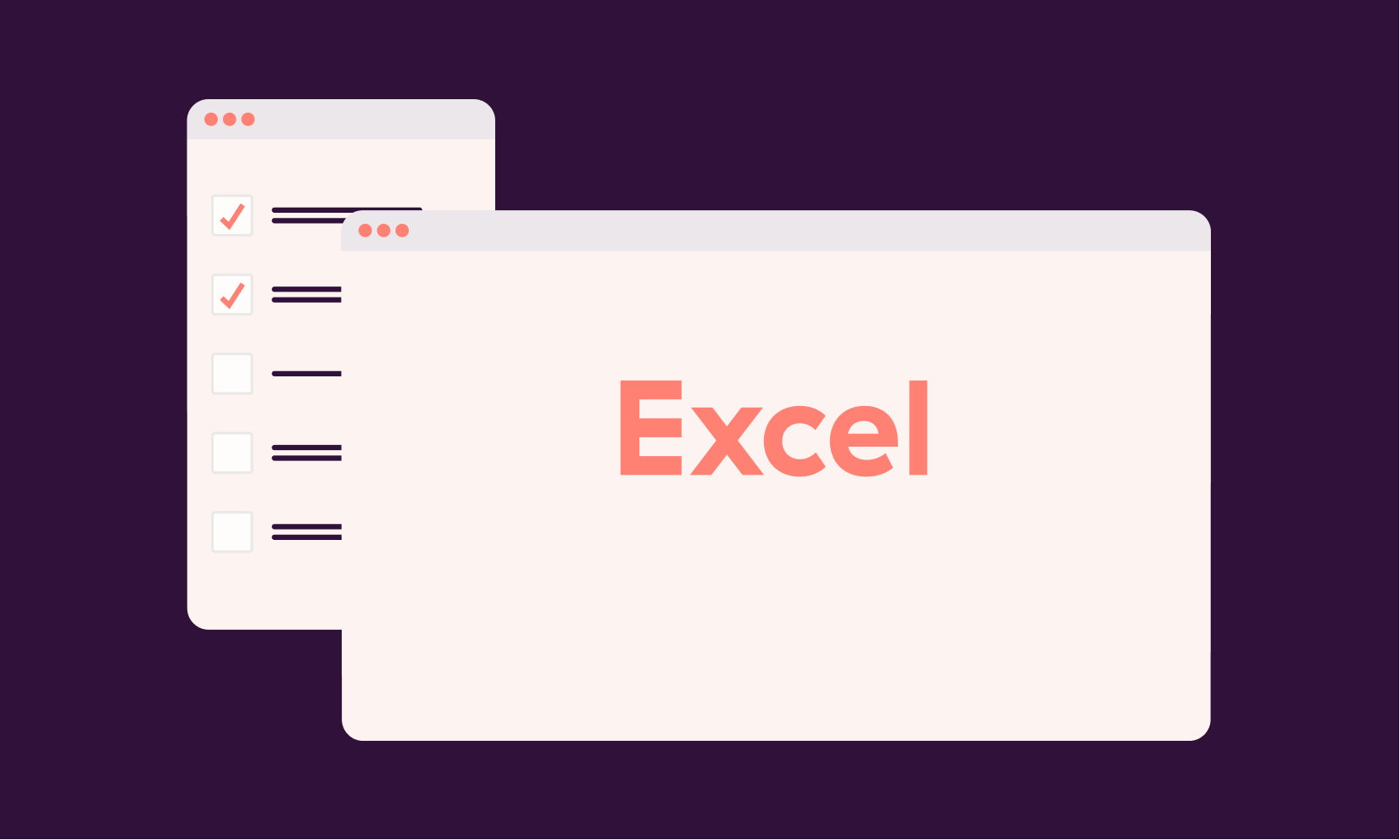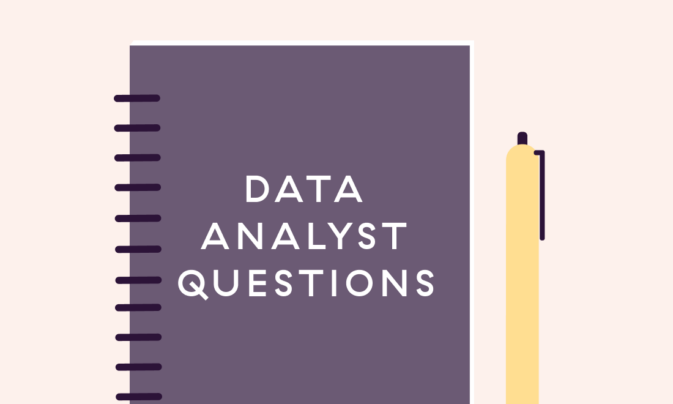While data has always been a fundamental part of business growth, with the technology boom of the last 20 years, there’s now more information out there than companies know what to do with.
In a world where 2.5 quintillion bytes of data are created daily, organizations need to analyze the raw data sets and put them to use to make sound business decisions. This demand naturally calls for hiring more Data Analysts, making the Data Analyst role one of the most high-demand job positions, according to HAYS.
While it’s in demand, Data Analyst is one of the most complex roles to assess and interview as it requires a diverse mix of technical and soft skills to solve business problems through data science and data analysis.
This article will give you the toolbox to help you hire your next Data Analyst, hassle-free.
Keep reading to discover more about the role and to leverage 60 Data Analyst interview questions to spot an experienced Data Analyst quickly (plus some bonus interview questions!). We will also provide recommendations on accurately assessing your Data Analyst applicants’ technical skills and behavioral fit.
Data Analyst Qualifications and Skills to Look for
A Data Analyst is a person who gathers, analyzes, and interprets data to solve a specific problem. This role is split between spending time on data and communicating the findings to stakeholders. Data Analysts’ day-to-day usually looks like this:
- Gathering data
- Data cleaning
- Data model
- Data interpretation
- Presentation
The person who excels as a Data Analyst has a curious mind with a tendency to ask why things are done rather than accepting how things are done. They also have solid communication skills and technical flexibility.
Therefore this role requires a mixture of skills:
- Technical skills to interact, understand and analyze data, identify different types of data,
- Soft skills to communicate the findings clearly and affect the decision-making via said findings.
Let’s dive deep into Data Analyst skills to look for.
Soft Skills and Personality Traits for Data Analysis
- Storytelling Skills

While analyzing and understanding the data is crucial to the Job, data only provides insight. Simply underlining data points without data visualization and linking the data to business scenarios or market realities will not always convince others to adopt a point of view and make decisions.
Great Data Analysts have solid storytelling, presentation, and communication skills. They explain data by providing context to support the bigger picture and emotion to take action.
They simplify data through a story and win over stakeholders while helping businesses make sound business decisions.
Data Analyst candidates should showcase said skills while answering a set of behavioral interview questions during the Data Analyst interview.

Data analysis starts with asking the right questions to find and present the correct answers. To go deep into data analysis and data science, a Data Analyst should be able to do the “thinking about thinking.”
Therefore critical thinking, the ability to think methodically and rationally to understand connections between ideas, is a crucial skill for Data Analysts.
During a Data Analyst interview, a successful candidate should engage in reflective and autonomous thinking and reveal connections that are not always clear by following these steps:
- Identify the problem or question.
- Collect data, opinions, and arguments.
- Analyze and assess the data/ data validation.
- Identify assumptions.
- Establish significance.
- Make a decision.
- Communicate the decision.
Going hand to hand with critical thinking, problem-solving is an essential skill that Data Analysts should have.
Data Analysts with solid problem-solving skills understand the question and the problem that needs to be solved. They can uncover patterns and identify trends that might expose a story.
Uncovering listed soft skills during a data analyst interview via a set of behavioral questions is vital to understanding if the candidate fits the role.

To be sure that your shortlist consists of high-performers, you can start your top-of-the-funnel with job-specific skills assessments. Toggl Hire‘s Business Analyst template assesses data entry/ analysis, problem-solving, communication, and time management stacked in one powerful test.
Technical skills for Data Analysis
- SQL
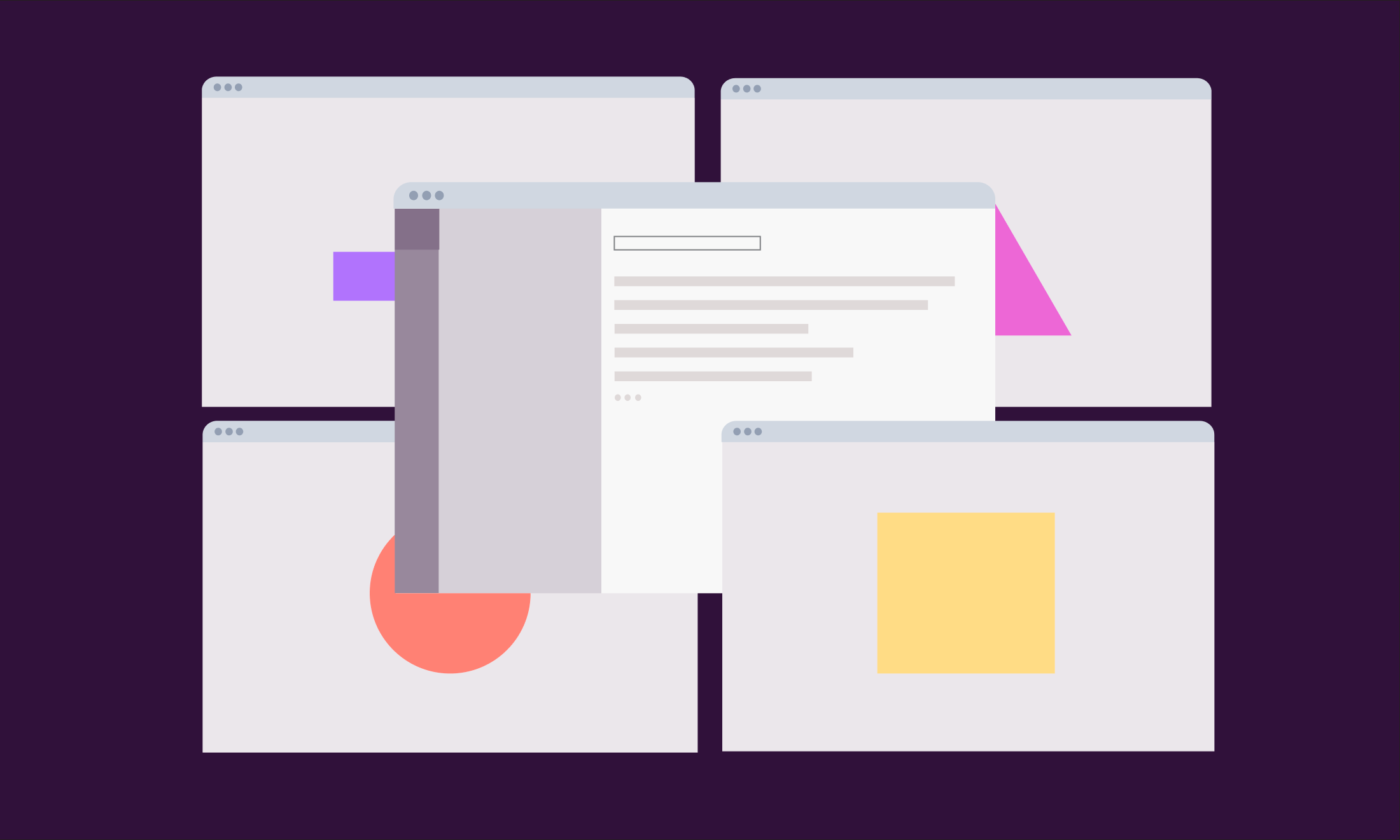
SQL, or Structured Query Language, is the industry-standard database language and arguably the most important technical skill for Data Analysts. More advanced than Excel, SQL can handle big data sets, whether it’s to manage and store that data, connect multiple databases or build a database structure from scratch.
Candidates who want to become a Data Analyst in your company should easily leverage SQL for data profiling, mining, analysis, data cleaning, form-level validation, and more.
Are you looking to assess this specific skill during the interview? To help you hire more efficiently, we’ve added bonus Data Analyst interview questions on SQL.
5. Statistical Programming Languages (R, Python)
Like SQL, R and Python are powerful statistical programming languages that are more advanced than Microsoft Excel when managing big data and performing data analysis.
While a Data Analyst should excel at Excel🙈 and be fluent in statistical techniques, these statistical programming languages are industry standards for performing advanced data analysis.
A great Data Analyst knows several programming languages, leverages them during data analysis and is proficient in using at least one.
Are you looking to assess this specific skill during the interview? To help you hire more efficiently, we’ve added bonus Data Analyst interview questions on Python.
6. Machine Learning
Machine learning is a form of data analysis that automates analytical model building. Data Analysts who work on this area focus on analyzing systems that can learn from data, identify patterns and make decisions without human intervention.
While not every Data Analyst works with this skill, and not every Data Analyst job description asks for it, due to the topics of artificial intelligence and predictive analytics being on the rise, this skill is getting more critical in data science.

If your job description includes machine learning knowledge, we have the toolkit ready for you. You can start screening and shortlisting candidates with our Machine Learning Engineer (Python) template. While Toggl Hire allows you to customize your tests and add/remove skills, this template already includes practical skills that align with Data Analyst requirements.
7. Data Mining
Data mining is a subset of data analysis, it focuses on cluster analysis. It explores and analyses vast knowledge to find essential patterns and rules.
Data mining could also be a methodical and subsequent method of identifying and discovering hidden patterns and data throughout an extensive dataset.
A successful Data analyst should have the data mining skill under their belt as data mining methods like classification analysis, association rule learning, outlier detection, clustering analysis, and regression analysis are an essential part of understanding data analytics and creating a link to identify relationships and solve business problems.

Should Data Analyst Interviews be Technical?
While the short answer is yes, Data Analyst interviews should focus on technical and soft skills.
It’s essential to shortlist candidates using job-specific skills tests to pinpoint and shortlist candidates who have the technical knowledge and cultural fit for the role. Job-specific assessments, like this Data Scientist template from Toggl Hire, are ready-made and combine the questions to assess skills and personality traits needed for the position.

This screening method not only helps to continue with candidates with the required skill set for the Job via a data-driven approach but also opens the way to asses candidates’ practical skills in the following steps, such as in-depth Data Analyst interviews.
Most recruiters and hiring managers later assess communication and presentation skills with video interviews.
They then conduct take-home assignments with their finalists for this role to see candidates’ practical skills in action, both for soft and technical skills required for Data Analysts. Homework assignments take the guesswork from the equation when selecting the right candidate for the role.
60 Top Data Analyst Interview Questions that will Help You Select the Right Person for the Job
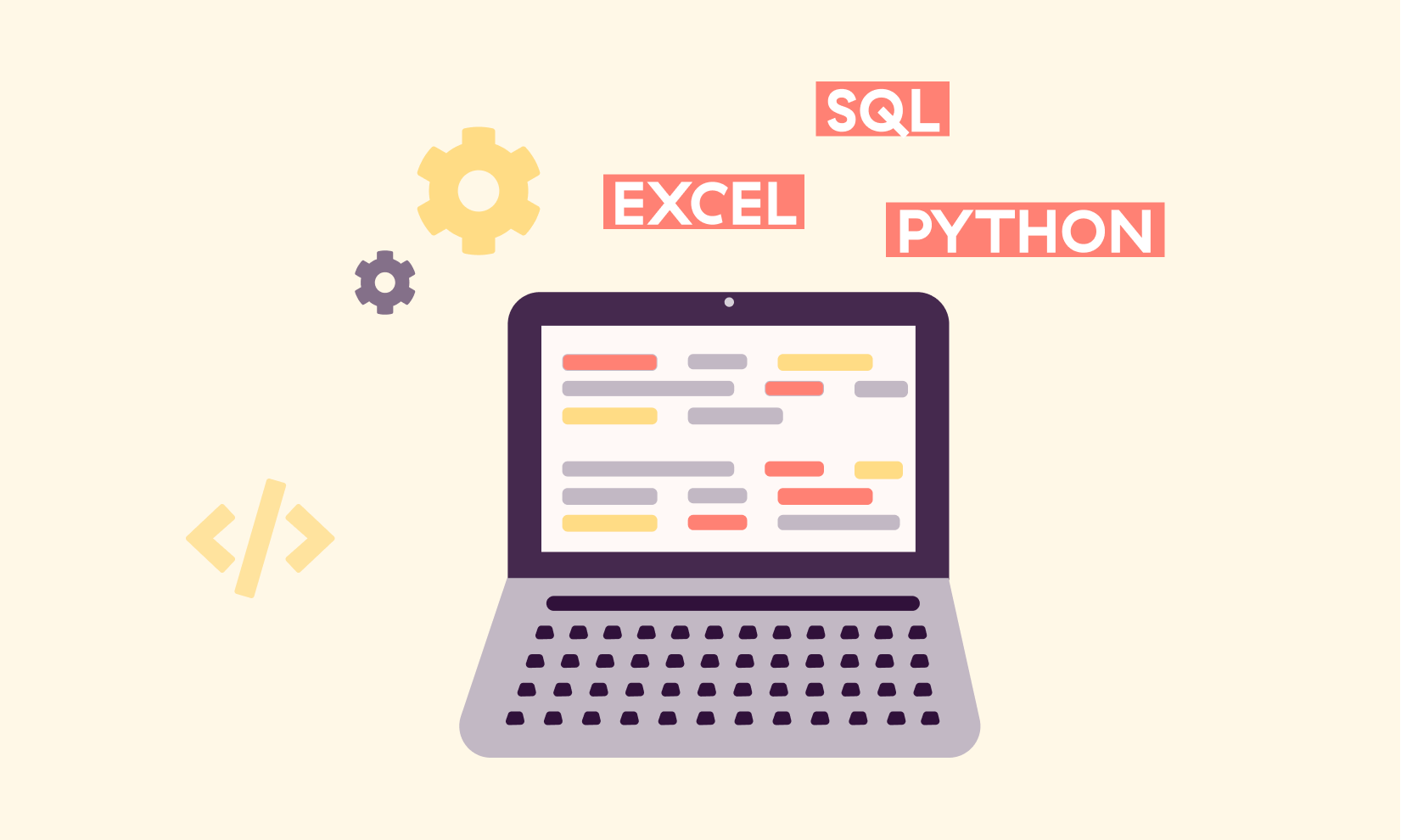
Thus far, we’ve covered the definition of the Data Analyst’s role, the Data Analyst’s responsibilities, and the skills needed for this position to conduct data analytics. Now, you are ready to run a successful Data Analyst interview with your shortlisted candidates.
We’ve gathered 60 Data Analyst interview questions tailored to assess general knowledge, behavioral fit, and technical skills when hiring a Data Analyst. If you are looking to evaluate for specific skills like Excel, SQL, Python, and Tableau, a surprise is waiting for you at the end!
General Data Analyst Interview Questions:
1. From your point of view, what does a Data Analyst do?
2.How did you decide to become a Data Analyst? \ Why are you passionate for data analytics?
3.In your opinion, what are the important responsibilities of a Data Analyst?
4.What are the key skills for becoming a Data Analyst? \ Which skills listed on the job description reflect your abilities as a Data Analyst?
5.What do you think makes someone a good Data Analyst? \What is the difference between a good and a great Data Analyst?
6.Do you prefer a particular niche in analytics, or are you a generalist? Please elaborate.
Behavioral Data Analyst Interview Questions:
7.What are the steps for a data analytics project?
8.What is your method for cleaning and organizing a data set in data analytics?
9.Tell me about a time when you used data science to solve a problem. What was the process?
10.Tell me about a time when you faced a challenge working on a data analysis project. How did you tackle it, and what did you learn from it? \ What is the approach you take when facing a problem performing data analytics?
11.Tell me about a time when you got unexpected results when conducting data analytics. What was your reaction?
12.Tell me about a time when you used data\ data science to get stakeholders on board with a decision. What was the process?
13.Tell me about a time when you had a miscommunication with stakeholders. How did you overcome the problem?
14.When you’re designing a data analytics experiment, how do you measure success?
15.When assigned a project, what steps do you follow to analyze the given data?
16.Did you ever use the wrong dataset? How did you identify and fix the error?
17.What was your most successful data analysis project? Why?
18.What was your most challenging data analysis project? Why?
19.What do you think are the common problems Data Analysts encounter during analysis?
20.How would you measure the performance of your company?
21.How comfortable are you in presenting your findings via data analytics?
22.How do you explain the technical concepts to a non-technical audience?
23.How do you make data and data analysis more available to a non-technical audience?
Technical Data Analyst Interview Questions:
24.What are some of the best tools you used for data analysis and presentation? \ What data analytics software are you familiar with?
25.What are the most beneficial statistical methods for Data Analysts? \ Which statistical methods have you used so far?
26.What are the characteristics of a good data model?
27.What was the largest data set you’ve worked with?
28.What are the most useful tools for data analytics? (Example: Tableau, Google Fusion Tables, Google Search Operators, KNIME, RapidMiner, OpenRefine, NodeXL, R, Python)
29.Which scripting languages are you familiar with?
30.What are the different data validation methods you use?
31.What are the different types of Hypothesis testing?
32.What are the different types of sampling techniques used by data analysts?
33.As a Data Analyst, what steps do you take when there’s suspected or missing data? Walk me through your data visualization\ data validation process.
34.As a Data Analyst, how do you treat outliers in a dataset? \ How do you use the box plot method?
35.When there’s a multi-source problem, how do you tackle it?
36.What is a hash table collision, and how do you prevent it from happening?
37.What is the significance of Exploratory Data Analysis?
38.Please explain the concept of Hierarchical clustering algorithm?
39.What does “Data Cleansing” mean? What are the best ways to practice it? \ Can you tell me what “Data Cleansing” means; how do you practice data cleansing?
40.What are some of the best practices for data cleaning? What steps do you take? \ Please create a data cleaning plan showcasing some of the best methods to do so?
41.What does “Normal Distribution” mean? What are the common uses?
42.What are the advantages of version control? \ Do Analysts Need Version Control?
43.What does “Clustering\ Cluster Analysis” mean? What are the names of the properties of clustering algorithms?
44.What does the “KNN Imputation method (K-Nearest Neighbors)” mean? When do you use KNN imputation? \ Which method do you use to replace missing values in a dataset with some plausible values?
45.What does the “K-mean clustering algorithm” mean? When do you use it?
46.What does the “Data saving validation” mean? When do you use it?
47.What does the “Logistic regression” mean? When do you use it?
48.What does the “Search criteria validation” mean? Why do you need it?
49.What does “Standard deviation method” mean? What do you call an outlier in standard deviation method?
50.What does “Normal distribution” mean?
51.What does “Collaborative Filtering” mean? Name the two classes of Collaborative Filtering.
52.What does “Time Series Analysis” mean? What are some of the techniques of time series analysis?
53.What does “N-gram” mean? Why do you need N-gram?
54.What does “Data Wrangling” mean during analyzing data? Why it is important for the data analysis process? \ Please explain why Data Wrangling is crucial to the data analysis process?
55.Please describe the difference between overfitting and underfitting.
56.Please describe the difference between data mining and data profiling.
57.Please describe the difference between quantitative and qualitative data.
58.Please describe the difference between univariate, bivariate, and multivariate analysis. \ What is the difference between univariate analysis, bivariate analysis, and multivariate analysis?
59.Please describe descriptive, predictive, and prescriptive analytics.
60.Please describe the difference between a 1-sample T-test and a 2-sample T-test in SQL.
Bonus: 32 Data Analyst Interview Questions on Python, Tableau, SQL, and Excel
TOP 8 Data Analyst Interview Questions on Python
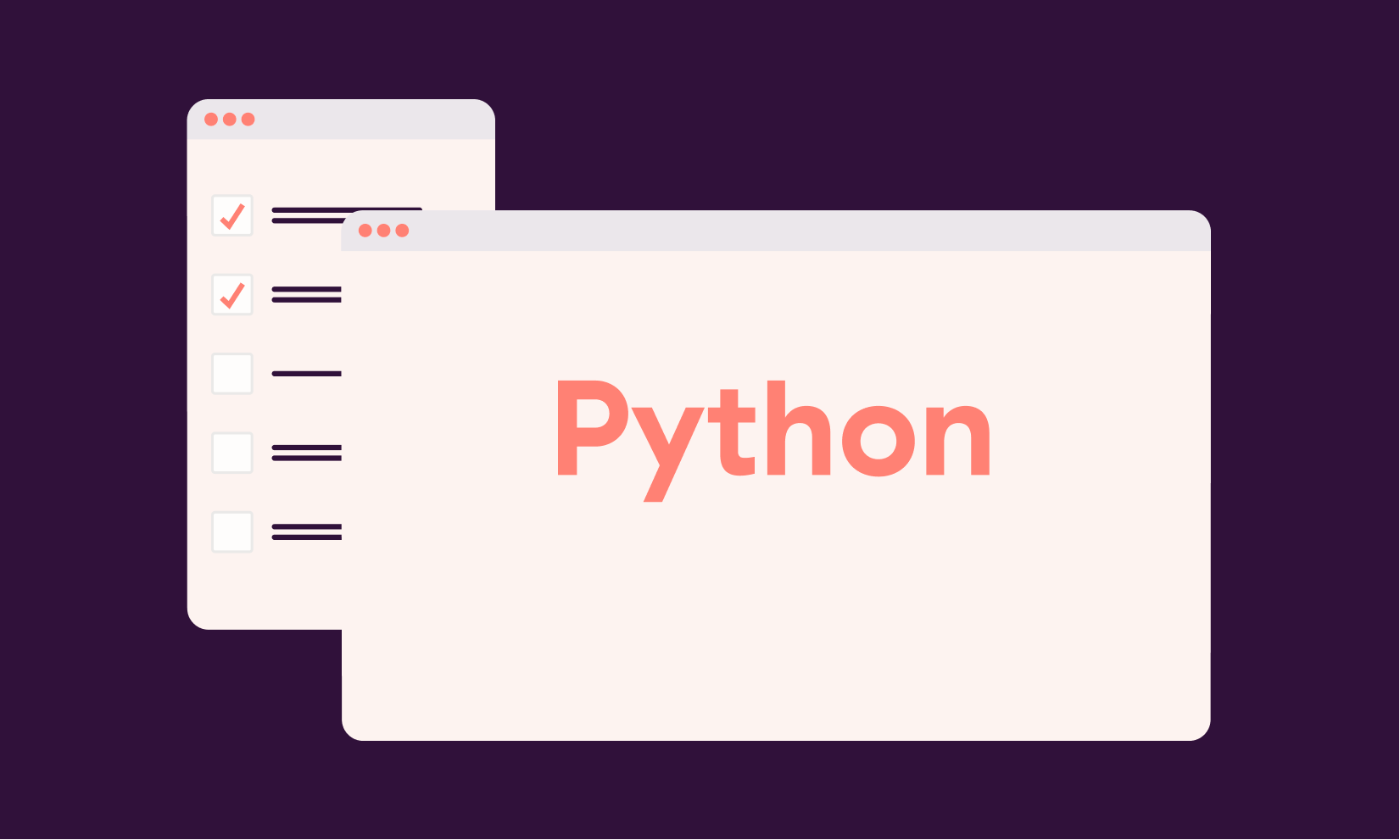
1.How do you clean a data set in Python?
2.How do you explain the difference between a shallow and a deep copy?
3.What are some of the most powerful functions in Python? \ How are Map, Reduce, and Filter functions work in Python?
4.Tell me the difference between Append and Extend.
5.Tell me the difference between a List and a Tuple.
6.How do you define the Lambda Function?
7.What are dictionary and list comprehension? Can you please give me an example for both?
8.Why do you need Negative Indexing?
TOP 8 Tableau Interview Questions for Data Analysts
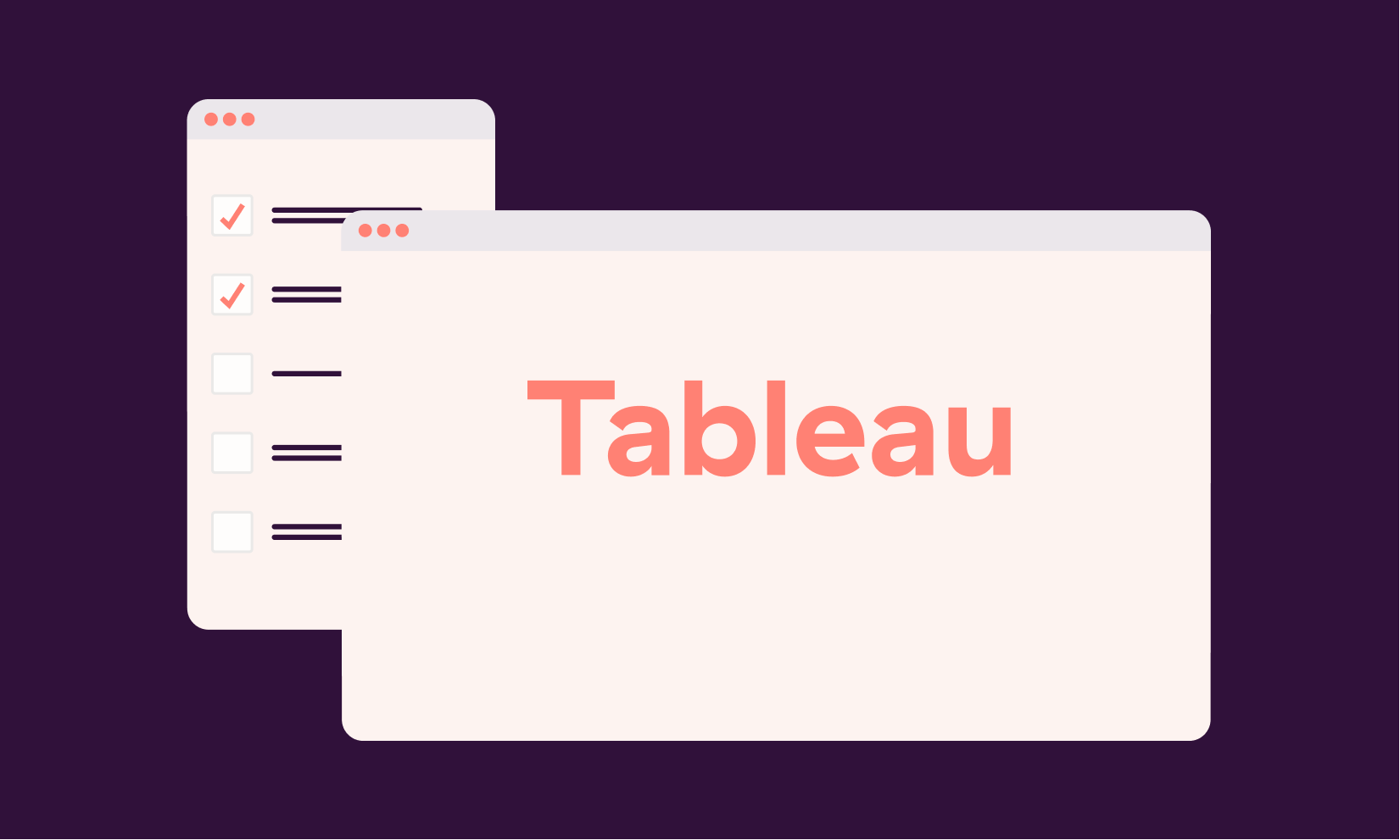
1.Can you give me an example of a story you created in Tableau? Walk me through the process and challenges encountered.
2.How do you define a Hierarchy?
3.How do you define Dimensions and Measures?
4.What does LOD in Tableau stand for?
5.When do you use a Pareto chart in Tableau?
6.What is the difference between Data Joining and Data Blending?
7.How many connection types are present in Tableau?
8.What are some of the filters on Tableau?
TOP 8 SQL Interview Questions for Data Analysts
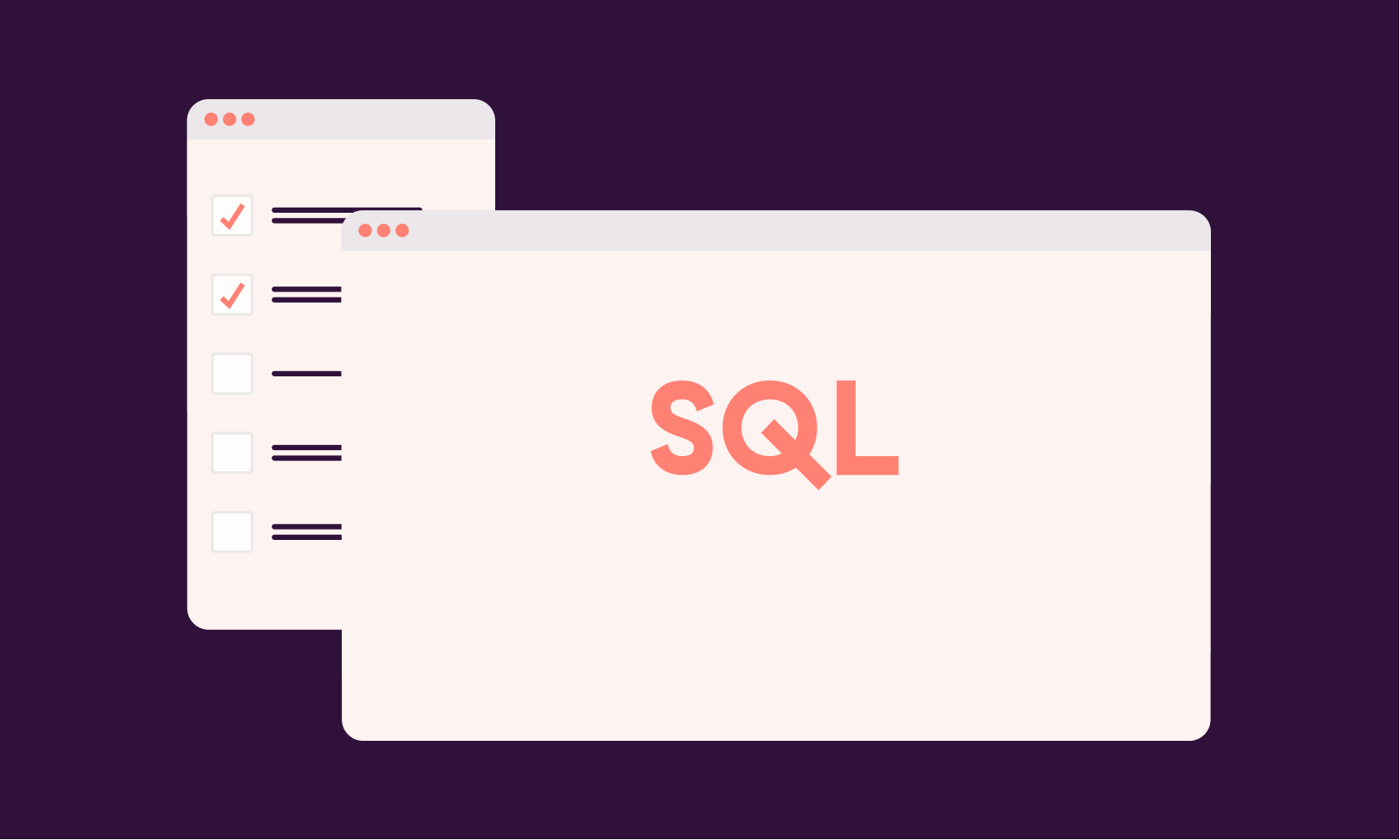
1.How do you filter data in SQL?
2.Tell me the difference between a right join and a left join.
3.Tell me the difference between an inner join and a union.
4.How do you explain the difference between a HAVING clause and a WHERE clause?
5.How do you use Union, Except, and Intersect in SQL?
6.What do you do to eliminate duplicate rows from a query result?
7.What is a Subquery?
8.What is the common use case of windowing functions?
TOP 8 EXCEL Interview Questions for Data Analysts
1. What do you know about Excel? \ What is your experience in Excel when it comes to performing data analysis?
2.Can you tell me the order of operations in Excel? \ Can you tell me some of the types of data visualizations?
3.How do you define a macro? Can you tell me the macro languages in Excel?
4.What is a Pivot table?
5.Tell me about a time you used a Pivot table to present your findings. What was the process?
6.What is VLOOKUP, and when do you use it? Are there any general limitations or limitations regarding missing values or missing data?
7.Which function do you use to find duplicates in a column?
8.Is it possible to provide a dynamic range in Data Source for a Pivot table?
How can you Use Toggl Hire to Assess Data Analyst Skills?

Due to the complex requirements of this role, it can be challenging for recruiters and hiring managers to screen and assess candidates’ technical skills through CV screening and interviews.
Toggl Hire is a skills assessment platform showcasing candidates’ technical and soft skills via job-specific skills tests.
With each assessment tailored for different stages of the recruitment process, Toggl Hire provides a data-driven shortlisting and selection process throughout your hiring pipeline.
Skills tests, video intros, and homework assignments help remove the guesswork from your hiring process and hire the right Data Analyst candidate for the Job.
Start with our Data Scientist template, and customize it to your company’s needs. This job template will give you ready-made templates for the skills test, video interview, and homework assignment. All are created to assess the job’s requirements, already attached to the relevant stages of your hiring pipeline, and customizable.
If you are hiring for more jobs, check out Toggl Hire’s test library to start with a template that fits your needs.
Summary – Top 60 Data Analyst Interview Questions to Accurately Assess Tech Candidates
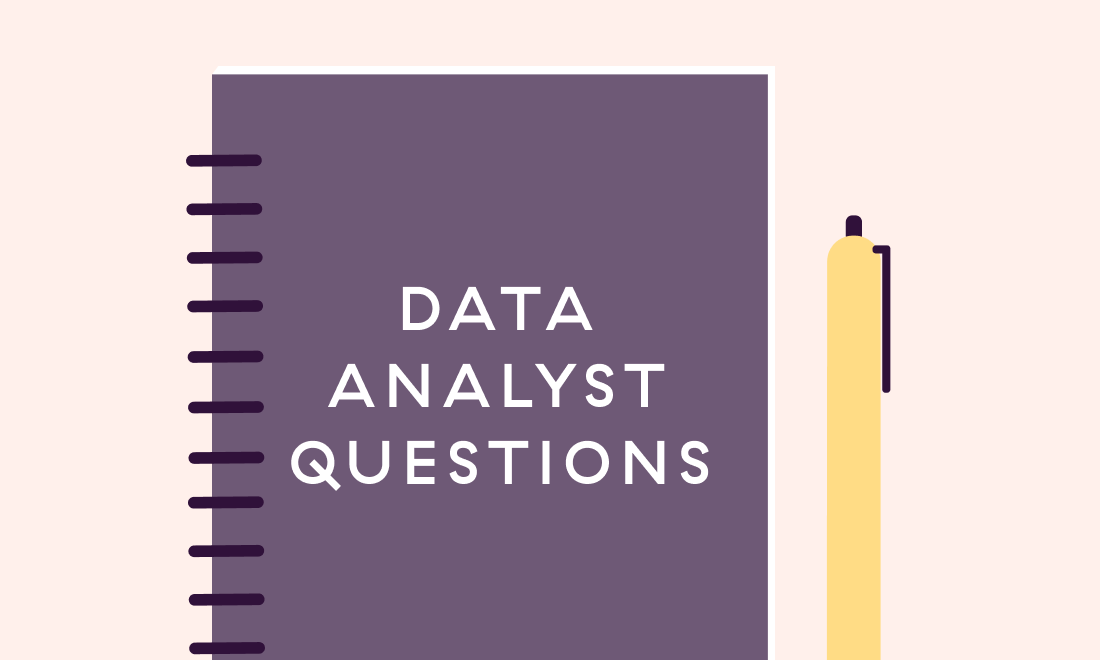
Data Analyst, a role that requires both soft and technical skills, is on the rise, and considering the amount of data created daily, it will only get more popular.
This article covered the essential skills needed for the role and provided 60 Data Analyst Interview questions and 32 bonus ones to help you select the right candidate.
We hope you leverage the questions we gathered in your next interview. If you are looking to screen your candidates via job-specific skills assessments, you can start free with Toggl Hire.
Good luck!
Dilara is the Product Marketing Manager at Toggl Hire. You can connect with Dilara via LinkedIn.
